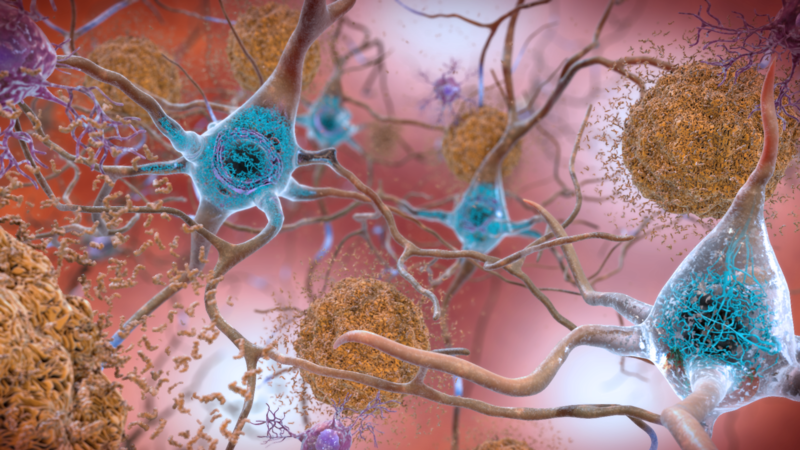Disclaimer: The views, suggestions, and opinions expressed here are the sole responsibility of the experts. No Scoop Today USA journalist was involved in the writing and production of this article.
Holding Your Blood Sugar In Examine Could Reduce Your Alzheimer’s Hazard

Cerebrum researchers are offering another motivation to control glucose levels: It may help bring down their danger of building up Alzheimer’s malady.
“There’s numerous motivations to get [blood sugar] leveled out,” says David Holtzman, administrator of nervous system science at Washington University in St. Louis. “In any case, this is unquestionably one.”
Holtzman directed a board Sunday at the Society for Neuroscience meeting in Chicago that highlighted new research investigating the connections among Alzheimer’s and diabetes.
“The hazard for dementia is raised about twofold in individuals who have diabetes or metabolic disorder (a gathering of hazard factors that regularly goes before diabetes),” Holtzman says. “Be that as it may, what’s not been clear is, what’s the association?”
One plausibility includes the manner in which the mind processes sugar, says Liqin Zhao, a partner teacher in the school of drug store at the University of Kansas.
Zhao needed to realize why individuals whose bodies produce a protein called ApoE2 are more averse to get Alzheimer’s.
Past research has demonstrated that these individuals are less inclined to build up the clingy plaques in the mind related with the ailment. In any case, Zhao took a gander at how ApoE2 influences glycolysis, a piece of the procedure that permits synapses to transform sugar into vitality.
Her exploration found that glycolysis helps synapses convey and dispose of poisons related with Alzheimer’s.
So they offered ApoE2 to mice that build up a type of Alzheimer’s. Also, sure enough, Zhao says, the substance improved vitality generation in synapses as well as made the cells more beneficial in general.
“The majority of this together expanded the mind’s versatility against Alzheimer’s ailment,” they says.
Another researcher portrayed how mice nourished an eating regimen that incorporates loads of fat and sugar were bound to create both diabetes and memory weakness.
The eating routine caused an expansion in useless synapses in the mice, says Sami Gabbouj of the Institute of Biomedicine at the University of Eastern Finland. In individuals, they says, that could “worsen” the improvement of Alzheimer’s.
Rest issues are another normal component of both Alzheimer’s and diabetes, says Shannon Macauley, an associate educator of gerontology and geriatric medication at Wake Forest School of Medicine.
they displayed research indicating that in mice, the cerebrum changes related with Alzheimer’s do meddle with rest. In any case, anomalous degrees of glucose, both high and low, additionally “lead to disturbed rest,” they says
That is disturbing, they says, since poor rest is a realized hazard factor for Alzheimer’s. So keeping up ordinary glucose levels in Alzheimer’s patients could improve their rest and may even hinder the illness, they says.
The majority of this examination on creatures could in the end help individuals, Washington University’s Holtzman says.
“On the off chance that we can make sense of what diabetes is doing to build hazard, perhaps that would lead us to new targets, medicate targets or treatment targets,” they says






